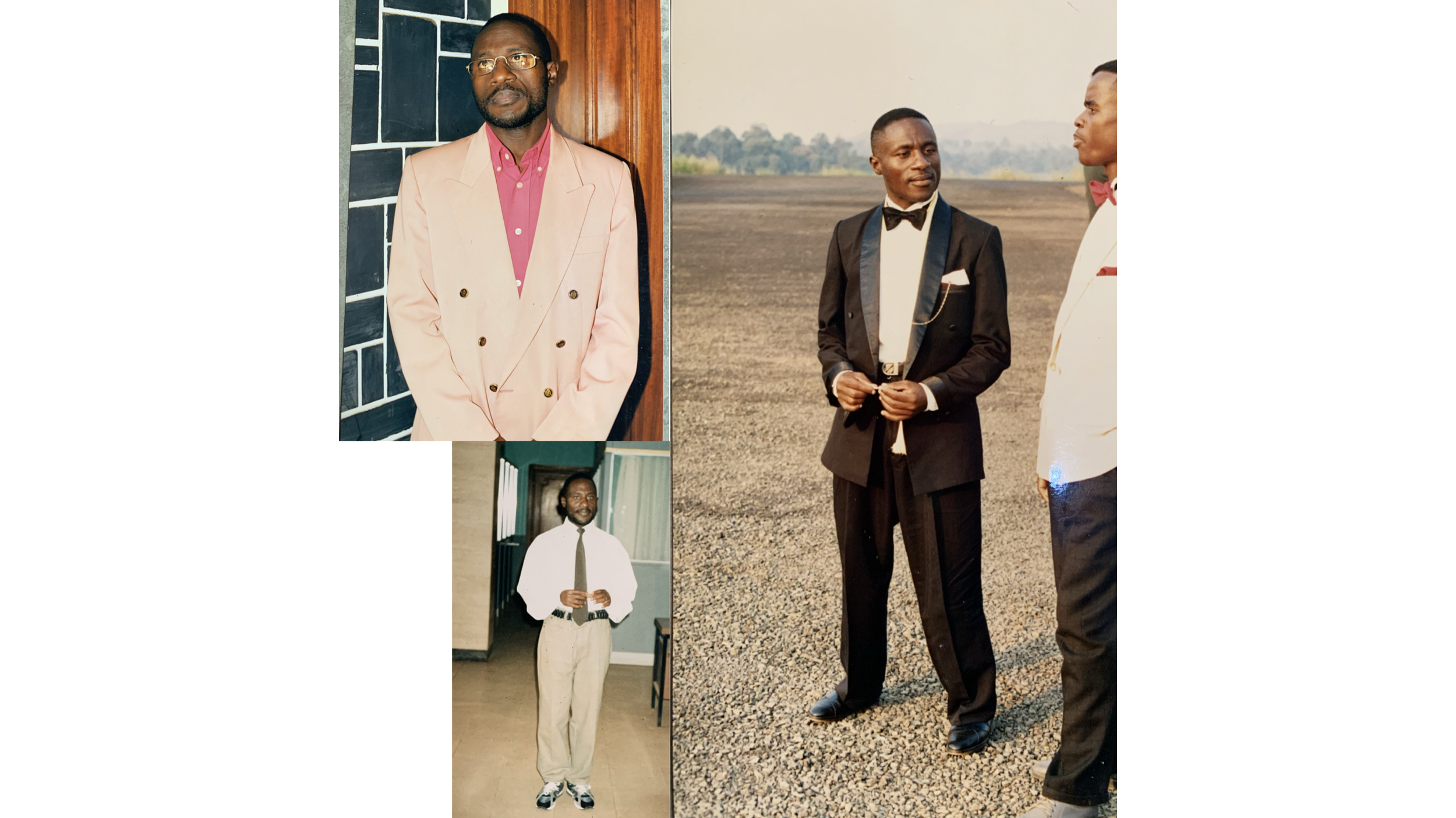Three lessons from my father that defined my style
“The man in the suit, that’s who goes first”
This was the concluding answer my father gave my brother when he asked him why he wore a suit every day. The beginning of the answer is what will give you a better insight into my father’s psyche and the importance he attributed to what he wore.
Let me set the scene. We were at ALDI, the grocery store, in Indianapolis. My brother was on break from college and came to visit us for a few days. He hadn’t seen us since we moved to Indiana.
Perplexed by the fact that he saw our father in a suit three days in a row, despite not having a white-collar job, he finally asked him:
“yo dad, why are you always wearing a suit.”
My father, ever the story teller, without missing a beat, proposed to him this situation:
“Imagine someone commits a crime and then runs into a crowd of people. The whole crowd gets detained because the police need to figure out who the culprit is. Who do you think the police would release first?”
He paused and looked at my brother with a grin on his face.
“I wear a suit. They would let me go first.” He added before my brother could guess what my father was hinting at.
My father always understood the importance of what he wore and taught me to approach fashion with reverence because for him, at times, it was a matter of survival. As a newly immigrated family from the Congo, the racial tensions in the US worried him a bit. The general portrayal of African Americans, made him feel like he needed to dress up to communicate that he wasn’t a threat. This was the function of his dress at that time.
But even before the United States, my father was always known to be a sharp dresser. I remember my young self looking at pictures taken before I was born and noticing that my father always experimented with his clothes. He found a lot of joy in wearing clothes, taking care of them, and sometimes, making his own. I always noticed how his dressing made him stand out from the crowd and earned him a little more respect before he even opened his mouth. He was eloquent, charismatic, and funny, but it was his clothes and his manner of dressing that opened some doors for him.
My father taught me many lessons about style, but here are the 3 that have defined my own style the most:
Lesson 1: The way you dress is your suit of armor.
A suit can protect you not just from the elements but from prejudice. It makes you bulletproof. On his most important meeting days and when he was preaching on Sundays he would almost always wear a suit.
However, he never took his clothes too seriously. Once he was done dressing up for the day, he paid little attention to what he was actually wearing so it would never get in the way of living. In his suit of armor, he was his happy, joyous self, never needing to give another thought about how others may perceive him. He was comfortable in his clothes because he understood the importance of being present in the moment.
Lesson 2: Knowing how take care of your clothes is the most important thing you can do for your personal style.
In the Congo, having a housekeeper isn’t considered a luxury. It’s relatively inexpensive to find help to stay permanently at your house or come every so often to do different chores. When I was growing up we went through a few housekeepers and none of them ever touched my fathers clothes despite doing laundry for the rest of us. Instead, my father would have what he called “medical care” every Sunday. This was a span of two to three hours in the afternoon when he would take care of his clothes and his shoes.
Whatever had happened to his suits as he was playing with kids, or preaching (he was a very animated speaker) he would clean on Sunday. He would mend his own clothes and replace heel guards on his shoes. He understood that things got better with time and looked better lived in. He believed in repairing, not sparing, conserving, or replacing.
Lesson 3: Wear your clothes. That’s how they become yours.
One of the weirdest things my father did was how he treated his linen clothes. My father loved linen. Especially the creases. He was a very big fan of the creases. The night before he would wear his linen clothes, he would actually wear them to bed so he could start the day creased as much as possible. This philosophy of making things yours went beyond the creasing of his linen. His clothes were never “too precious” to wear, no matter how expensive they were. He approached the way he wore clothes with reverence, but had very little reverence for the clothes themselves when it came to wearing them or the occasion to pull them out.
As a mending master, he understood the beauty of a garment that told a story. He was never chasing the exciting story. He just accepted the spontaneity of life as it came.
Daniel Baraka, 7 years old. Here I am, in a double breasted he picked for me. Proudly smiling in a fit I would totally try to pull off today.




